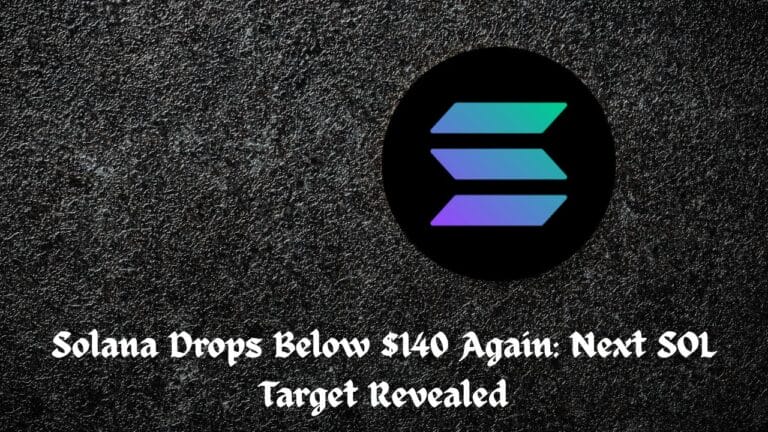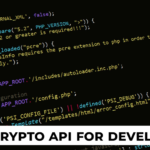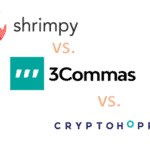Key Takeaways
- Ooki DAO has received “permanent trading and registration bans” and has been ordered to shut down its website.
- Judge ruled that Ooki DAO operated an illegal trading platform and unlawfully acted as an unregistered futures commission merchant.
In a groundbreaking decision, a U.S. District Judge has ruled in favor of the U.S. Commodity Futures Trading Commission (CFTC) in a lawsuit against decentralized autonomous organization (DAO) Ooki DAO. The judgment marks a significant development, dispelling the notion that decentralized finance (DeFi) actors are exempt from regulatory scrutiny.
On Thursday, U.S. District Judge William H. Orrick issued a default judgment against Ooki DAO, finding the organization guilty of operating an illegal trading platform and acting as an unregistered futures commission merchant (FCM). As a result, Ooki DAO has been ordered to permanently cease operations, shut down its website, and pay a civil monetary penalty of $643,542.
The original lawsuit, filed in the U.S. District Court for the Northern District of California in September of last year, accused Ooki DAO of offering unregistered commodities to retail customers. The DAO was also charged with neglecting to comply with know-your-customer laws while serving traders engaged in “leveraged and margined” commodities transactions.
In January, after Ooki DAO missed the deadline to respond to the lawsuit, the CFTC requested a federal judge to rule that the DAO had violated federal commodities laws. Although the initial request was dismissed, the default judgment became imminent as Ooki DAO failed to meet the required legal obligations.
The CFTC hailed the default judgment as a “sweeping victory” and emphasized the significant implications it carries for the industry. The court ruling firmly established that Ooki DAO qualifies as a “person” under the Commodity Exchange Act, making it liable for violations of the law. The judge unequivocally stated that the DAO had indeed violated the charges leveled against it.
One key aspect of the lawsuit involved the CFTC’s allegations against Tom Bean and Kyle Kistner, the founders of Ooki DAO’s predecessor, bZeroX. The CFTC claimed that Bean and Kistner deliberately transferred ownership of their non-compliant trading platform to Ooki DAO in an attempt to avoid legal repercussions.
Ian McGinley, the Director of Enforcement at the CFTC, highlighted the founders’ intentions, stating that they had created Ooki DAO with the explicit goal of operating an illegal trading platform while evading legal accountability. He emphasized that this decision should serve as a wake-up call to those who believe they can circumvent the law by adopting a DAO structure, placing the public at risk.









